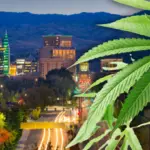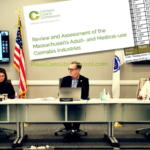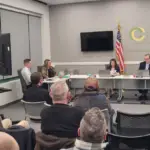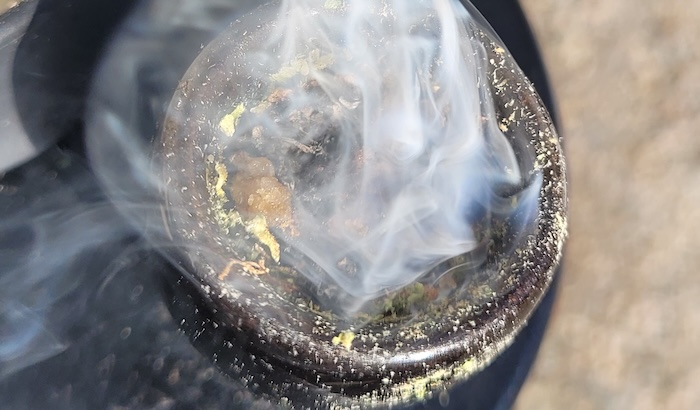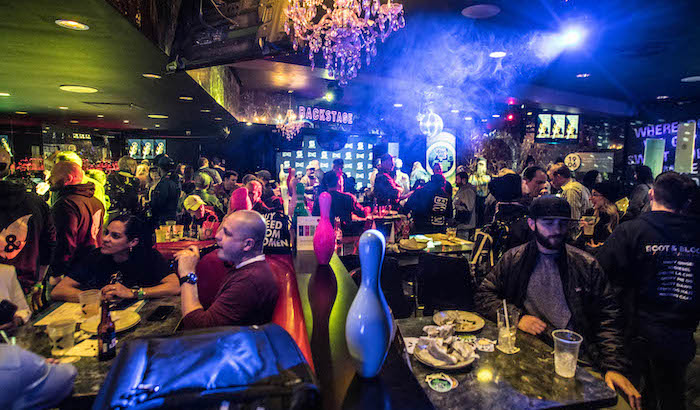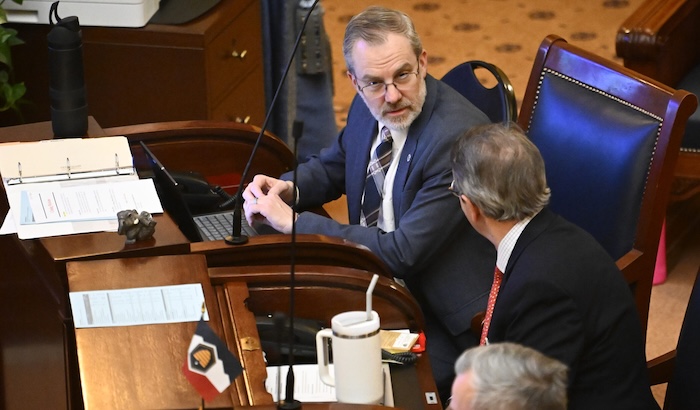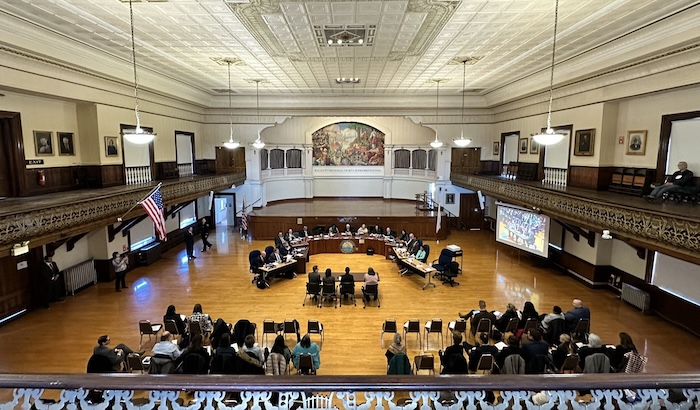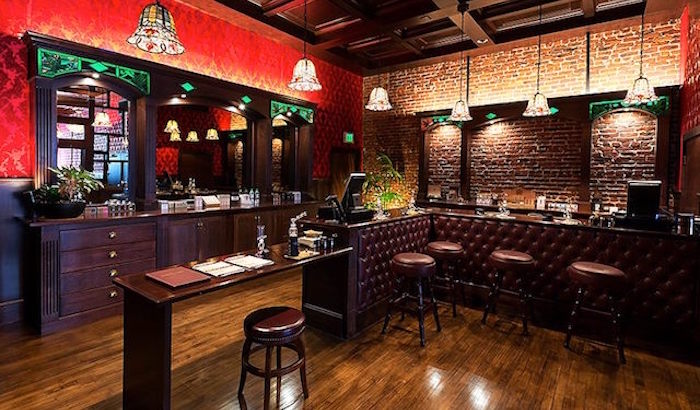
“I think expanding social consumption beyond the unworkable model established in 2018 is a key priority for the CCC”
In an interview with NECANN speaker coordinator Beth Waterfall a few weeks ago ahead of the region’s largest cannabis convention, I asked about the noticeable omission of a social consumption panel. As I sadly suspected, she essentially said there just isn’t enough to talk about right now.
“We’re just kind of at a standstill,” said Waterfall, who also runs her own cannabis communications agency and co-founded the group ELEVATE NE to boost women in the green space. “We talked about it [in 2022], and it’s basically the same thing this year. We would love to be able to include that, but I want to educate people about things that they can use now.”
According to a fact sheet by the Network for Public Health Law, as of last September, “10 of 18 states that have legalized adult-use cannabis allow consumption sites either as a separate license or as an option for an existing licensee (AK, CA, CO, IL, MA, MI, NV, NJ, NM, and NY),” while “2 of these 10 states provide multiple categories of consumption site license (CO and NV).”
Anyone who has been to California knows that while that state’s cannabis regulatory apparatus hardly has its shit together, there are actual lounges where you can consume cannabis, and even some like Barbary Coast in the Bay Area where you can purchase your goods, step up to a bar, and have a budtender assist with the bong, bowl, or dab rig of your choice.
In Massachusetts, not so much. There are a few private membership associations like the Summit Lounge in Worcester, which operate in a clever middle ground and to varying degrees with the blessing of local authorities, but while some of them will certainly and hopefully transition into fully-licensed Social Consumption Establishments, there’s a long road ahead before that happens—for them or anyone else. Before we head down it, here’s some basic information as summarized by the Network for Public Health Law:
- In Massachusetts, Social Consumption Establishment Licenses are limited to Economic Empowerment Priority Applicants or Social Equity Program Participants, Microbusinesses, and Craft Marijuana Cooperatives for the first 36 months. Economic Empowerment Priority Applicants or Social Equity Program Participants can be licensed as retailers.
- However, 935 CMR 500.050(8)(a) prohibits a retailer from selling cannabis for onsite consumption. When the exclusivity period ends, this prohibition will prevent the broader field of retailers from colocating a consumption site at their retail location.
- In Massachusetts, consumption sites are only allowed to sell pre-packaged and shelf-stable food and drink.
The way the law is currently written is as silly as it sounds, and a potential opportunity for social equity participants is in limbo, if not jeopardy. As cannabis activist and reporter Grant Smith Ellis wrote for our publishing partners at DigBoston last June, the Mass framework “prohibits smoking cannabis indoors entirely (smoking outdoors after local approval through a complex process involving health department waivers is allowed), requires cost-prohibitive ventilation systems, and limits edible sales to only shelf-stable (room temperature) products.”
Smith Ellis further explained: “to some extent, the overly strict nature of the 2018 social consumption rules reflected a CCC that was, at the time, comprised of four members who had voted against the legalization of adult use cannabis in the Commonwealth (of the initial five appointments to the commission, only Title had voted in favor of the 2016 ballot question which resulted in legalization).”
He also quoted Shaleen Title, a longtime cannabis advocate and attorney who had just left her post as a member of the Cannabis Control Commission, saying, “I think that if [the social consumption regulations] were reevaluated … with the information we currently have with all of the states that have social consumption, they would come out a lot better.”
I asked Smith Ellis if the impression that we’re at a standstill is spot-on. His response, which is actually quite optimistic considering the quagmire, is below …
“As things stand, I think expanding social consumption beyond the unworkable model established in 2018 is a key priority for the CCC. I am hopeful that, under the leadership of Commissioners Concepcion, Camargo, Stebbins, O’Brien, and Roy, a suite of regulatory changes to allow indoor/outdoor smoking by default, to allow infused dining, and much more will be brought to fruition before the statutory deadline of November 2023.”
He continued, “Furthermore, I am hopeful that cities and towns will take advantage of the new opportunity created by S.3096 to hold municipal referendums to authorize those various types of potential social consumption licenses. Ensuring those local level zoning rules are written in-parallel with the CCC’s regulatory process over the coming months is an imperative.
“These social consumption licenses, much like delivery licenses, are available only to Social Equity and Economic Empowerment applicants for a period of at least 36 months once the first social consumption license is issued. Of note, the CCC can choose to extend that 36 month period, should they choose to do so, after a mandatory data review which begins 24 months into the equity priority window.”
We’ll be watching closely, as this has the potential to move from a stalemate to the headlines overnight if the commission follows through as expected.









